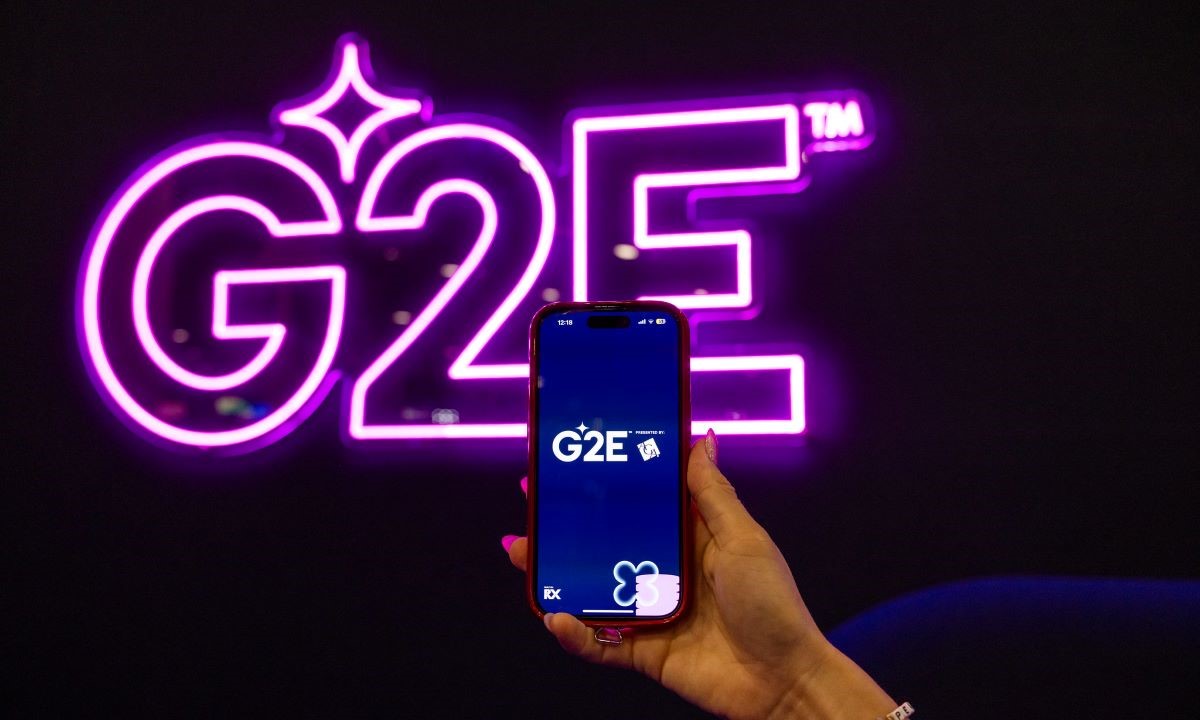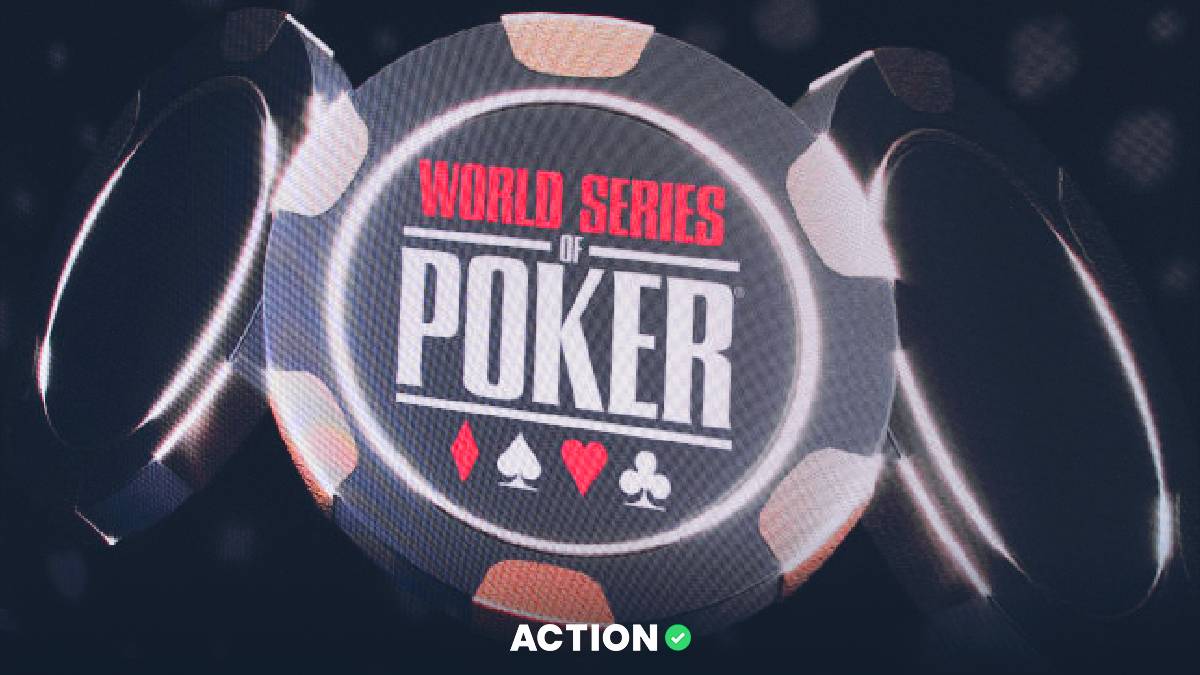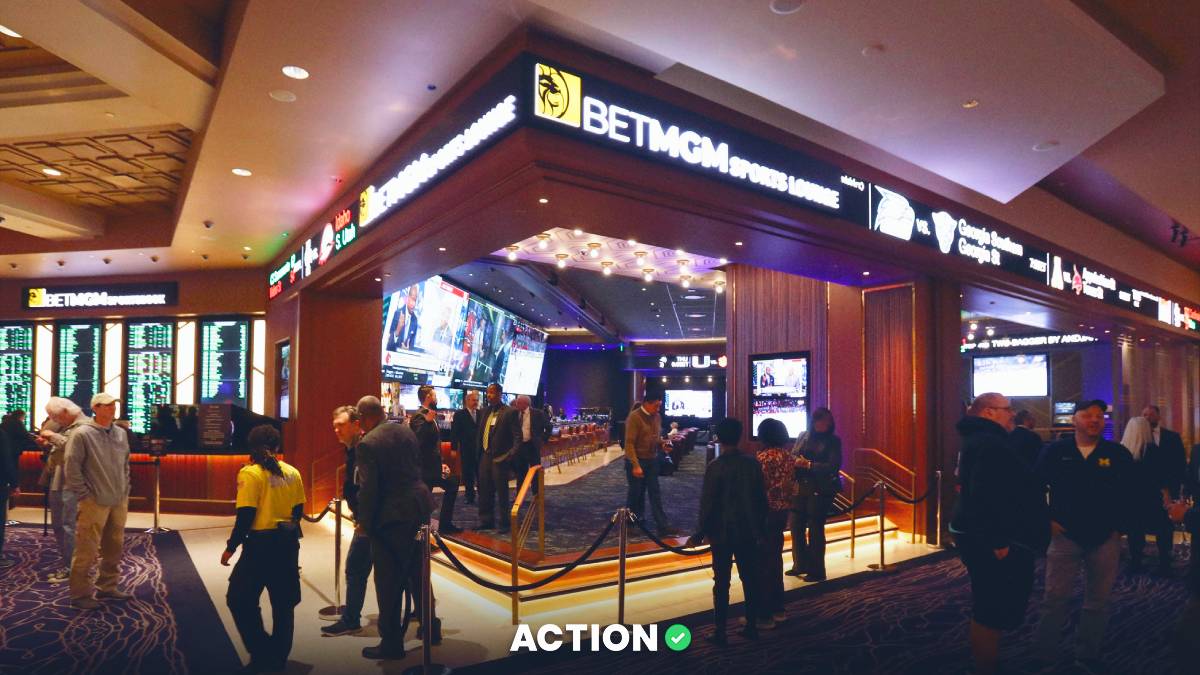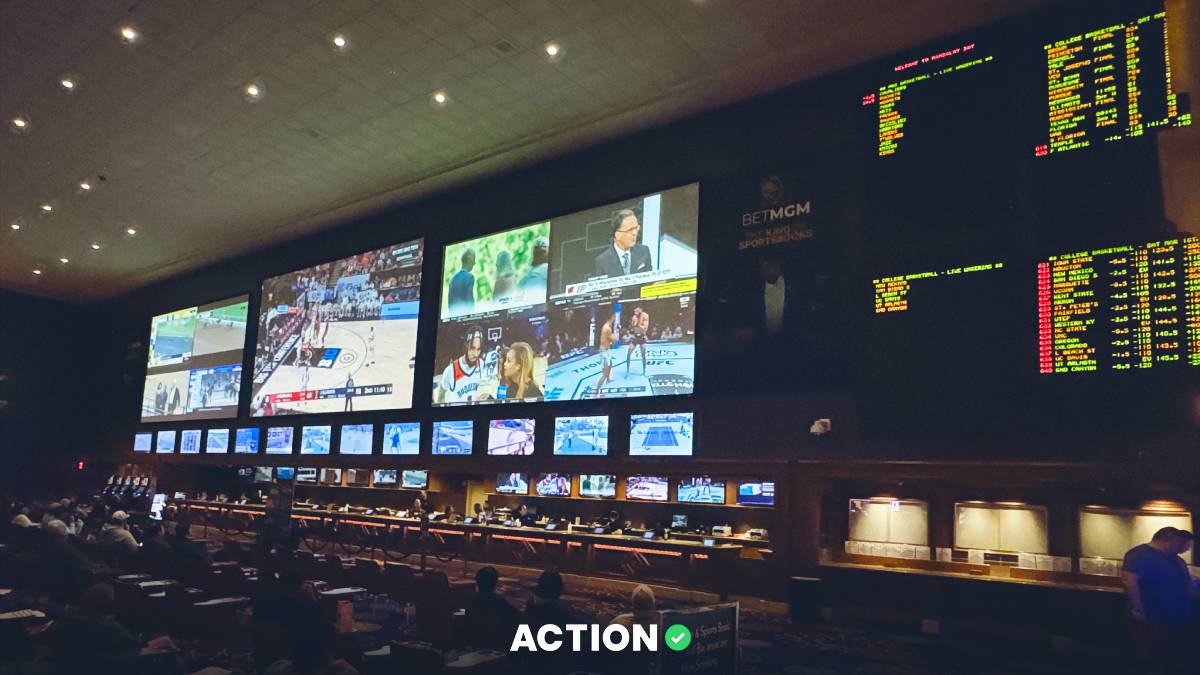While more than six years have passed since the Supreme Court's historic PASPA decision, the U.S. sports betting industry has hit a crossroads in 2024.
The NBA's expulsion of Jontay Porter for match manipulation marked the first time a U.S. pro league handed a player a lifetime ban for gambling since PASPA was repealed. At the same time, Ippei Mizuhara, Shohei Ohtani's ex-interpreter, pleaded guilty to embezzling approximately $17 million from the MLB star to repay gambling debts with an illegal bookmaker. Another sports figure, former Jacksonville Jaguars employee Amit Patel, received a lengthy prison sentence for stealing millions from the team to feed his sports betting and DFS habits.
Meanwhile, U.S. Rep. Paul Tonko and Senator Richard Blumenthal have introduced legislation to create minimum federal standards for advertising, affordability and the use of artificial intelligence by sportsbooks in tracking customers.
The American Gaming Association (AGA), the premier trade group for the nation's gambling industry, is focused on promoting a culture of responsible gambling among sports bettors. Practices on responsible gambling represented one of the main themes at last week's Global Gaming Expo (G2E) in Las Vegas.
As thousands of gambling professionals attended the event, legal sports betting nationwide had never been bigger. During the second quarter, Americans wagered nearly $32 billion on the legal sports wagering market, an increase of 35% from the same period last year.
The AGA has made a concerted effort to increase awareness of the perceived perils of the illegal offshore market, with the organization's president and CEO, Bill Miller, urging the U.S. Attorney General office to use its authority to go after illicit sportsbooks that continue to operate in the states.
Last week, Action Network sat down with Chris Cylke, senior vice president of government relations at the AGA, for a discussion on the state of the sports betting industry. The following interview has been edited for length.
Action Network: As we alluded to previously, the rash of player suspensions may be viewed by the public as somewhat troubling. Last spring, however, former AGA Vice President Casey Clark took the position that it shows that the system is working because there are enhanced regulations, the leagues are involved and, in many cases, the nefarious actors were caught. Do you share the same view?
American Gaming Association: I share that view. When you look at some of the player suspensions, we are getting lists from the league's prohibited bettors. There's not necessarily an indication of criminality or anything that even touches on game integrity. They've chosen to design their rules in a way they feel comfortable, whether it's not being able to bet on your own sport, or an across-the-board prohibition on betting, or if you’re allowed to bet on other sports during the offseason. But I think as it's shown up in the media, when the NFL suspends another five players, there's an implication that there's something nefarious going on there, when there isn't necessarily.
When you get to Ohtani, it involved illegal operators, it involved lines of credit, things that you would never see in the regulated market. But I feel that all of those things have kind of been wrapped up into one — then they'll even go back and throw in the Black Sox scandal. I think it's unfair, and I think that the industry needs to do a better job of demystifying these things. A lot of this is a direct result of the transparency that's been provided by the legal market, and the relationships that have been formed between gaming operators, regulators, leagues and the system working together. I don't think the sky's falling, let’s put it that way.
AN: In response to that, what is the AGA's view on a national prohibited bettor list, a vehicle that could serve as a one-stop shop between state regulators, sportsbooks, other industry folks and the law-enforcement community? In theory, it seems that could be a vehicle or a preventative mechanism to mitigate the risks of some of these betting suspensions, but, realistically, how difficult is that to implement?
AGA: I think, conceptually, it's a good idea. We can do something like that in the sense of problem gambling and self-exclusion. The challenge is that all states have different laws and regulations and there are concerns on the privacy of information sharing of customers. So I think the devil is in the details, but I think the Responsible Online Gaming Association, that’s part of what they're looking at in trying to develop a more comprehensive list national list on self exclusion.
Also, an element of the SAFE Bet Act is a national self-exclusion list. There's no details in terms of how that's going to be created. We've looked at this for years and we know that it's a much more complex issue to try to tackle. I’m not saying that we shouldn't try to tackle it, but there are challenges there that people probably discount. It sounds like a great idea, but the devil is in the details.
A judge in Ippei Mizuhara's case delayed his sentencing by two months to give attorneys enough time to prepare for a pre-sentencing report, reports @MattRybaltowski for @ActionNetworkHQ.https://t.co/OthELmyjvF
— Sports Handle (@sports_handle) September 24, 2024
AN:From a responsible gambling standpoint, it looks as if the AGA has done a laudable job in articulating some of the metrics throughout the industry, both from a sports betting and an online gaming perspective. But when you look at the Mizuhara and Patel cases, you have two individuals who embezzled at least $17 million from either an employer or a confidant to feed their gambling habits. What needs to be done to prevent another case from ensuing so there isn’t another Amit Patel or Ippei who resorts to criminality due to their compulsive gambling issues?
AGA: Well, there are probably different answers for those different circumstances. Obviously, with Ippei, he was extended credit and he had a severe gambling problem. We have been trying to get more prosecutions of illegal gambling activity for the reasons among many, that they prey on those who have gambling problems. As far as our operators' obligations to identify and detect problem gambling, I think that's an important issue that is going to be at the forefront of everybody's minds.
There is a lot of work in the industry, a lot of optimism that things like better data and being able to use AI to look at that data will identify problematic behavior sooner in the process to make sure that they don't become problem gamblers. We’re going to continue to work with our members to have an industry-wide focus on this, as well as using elements of our responsible gaming code to hold people accountable and make sure it remains issue 1 and 1A when it comes to the AGA and our focus.
AN: Speaking of the Ippei case, you articulated the problems with extending credit to certain bettors, but the bettor in this case apparently had tens of millions in credit lines extended to him. There is practically no chance of that occurring on the regulated market. In addition, there are allegations of money laundering at regulated casinos in this case where two defendants allegedly laundered millions at a major property. There’s also a nexus with the offshore, illegal market here. Consequently, how much will this case serve as an impetus to accelerate the push to legalize sports betting in California?
AGA: That's a good question. I think it will be an element. Obviously, the AGA has members in the California market; we have commercial operators who would like to get into that market. We all know how the 2022 ballot initiative went, and so I feel like we're in a in a period of reset right now. I think we're going to take whatever constructive role we can in representing stakeholders in different camps to try to bring them together. And certainly, I think even setting aside California, I think that the prevalence of the illegal market and the accessibility of it has been a major driver of legalization.
AN: Bill has made numerous efforts to communicate with the Attorney General's office about banning various offshore books from operating in the U.S. We're a few weeks from the election, so there are still question marks there on what will happen under a new administration. But based on some of these cases and the intersection between the regulated market, the unregulated state markets and the illegal offshore market, how much will these cases serve as a driver to reengage in discussions with the AG's office for a prohibition of offshore sportsbooks on U.S. soil?
AGA: I think we will look at engaging the next administration on this – that would be a priority. We really haven't stopped engaging with the current administration on this. We certainly wish that they would do more in terms of going after some of the biggest, most prominent offshore sportsbooks and casinos. We recognize that they want to build cases, and a lot of times it takes time to build these cases. I think it's been very helpful that state gaming regulators have gotten involved and we encouraged them to do that.
Last summer, we put out a regulator enforcement guide that took the view that state gaming regulators have the ability to issue cease-and-desist letters. On one hand, we've been pleasantly surprised that the cease-and-desist letters have been sent out and have been complied with. But on the other, it's not an efficient process, because all 50 states have to write to the specific sportsbook and in effect say, ‘Get out of our jurisdiction.’
I think we have started to use that to create some pressure on the federal government. I think we've been successful in creating some alignment with gaming regulators and law enforcement. We know that this is going to be a long slog in trying to solve this, but we remain optimistic. This has been a really good year in terms of state gaming regulators taking leadership on this.
Months after Jontay Porter admitted to feigning injury to manipulate a series of prop wagers, a pro poker player pleaded guilty Wednesday for his role in the brazen scheme. @MattRybaltowski with the report for @ActionNetworkHQ.https://t.co/qFlZ9fpybK
— Sports Handle (@sports_handle) October 3, 2024
AN: What's your view on VIP programs at the top sportsbooks nationwide? Should there be any guidelines for those programs in terms of handing out rebates to certain customers since there are indications that numerous pro athletes are part of those programs? At the same time, how much of a risk is there that heightened restrictions on VIP bettors will cause them to go offshore?
AGA: I think there is a pervasive thread that colors a lot of the various policy debates, whether it be banning certain programs or banning certain types of bets. I think where we come down on all of these things is that by creating more friction, by providing less choice in the marketplace, you may feel good at the time for a regulator or any legislative body to enact some of these prohibitions. But if you put more friction in, ultimately, you're going to send people to a market where operators can provide things like credit, more generous promos and no KYC. I think it's certainly a concern.
AN: What's the AGA's position on how the SAFE Bet Act is structured? There are provisions on affordability checks that take a page from some of the sections in the UK Gambling Act. There are also provisions on sports betting advertising and AI player tracking as we mentioned earlier. Are there aspects of the SAFE Bet Act that are reasonable, or are there areas where you can engage with Rep. Tonko and Senator Blumenthal's offices to suggest amendments or modifications? Where do you stand there?
AGA: Look, I don’t know that we want to get into a negotiation on the SAFE Bet Act and try to do their job to make it better. If you look at the way that it's structured, imposing these federal restrictions in forcing states to have to ask the Justice Department for waivers to regulate their sports betting markets is offensive enough on its own that we will oppose that bill. We have been asking them to go after the real bad guys, which they need to be doing more of. And this legislation would put them in the regulator role of looking over the regulated industry.
I don't know if DOJ necessarily wants to be an oversight mechanism for the gaming industry, either. I think we're willing to talk to Blumenthal and Tonko if there's education that we can provide to them around some of the aspects that are addressed in their bill, whether it be AI, affordability or advertising. But I would generally think that what they proposed is a non-starter. We go into any kind of discussion on additional federal regulatory oversight with a healthy degree of skepticism.



















































